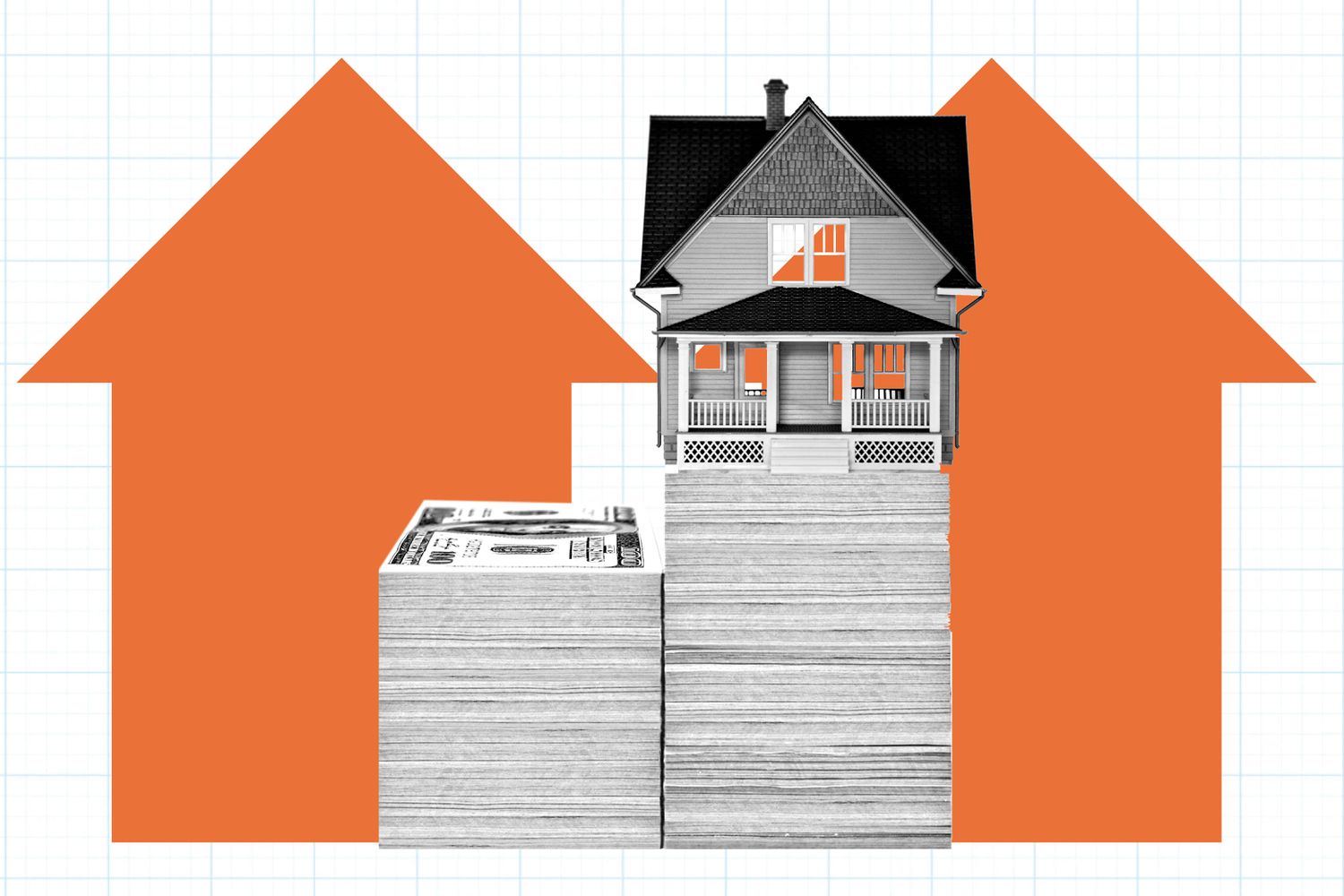Dear Kristin,
What are the tax benefits and detriments of a 15-year mortgage vs. a 30-year mortgage? Does it make sense to take more time to pay off the loan, or is it smarter to pay off my mortgage early?
Sincerely,
Curious in Chicago
Dear Curious,
This is a great question. A longer mortgage repayment term comes with benefits like lower monthly payments and more annual tax deductions of the mortgage interest you pay. But does that outweigh the benefits of paying off the mortgage faster? Paying off a home loan early not only reduces your monthly expense, but also saves you money on the interest you’d pay over the lifetime of that loan. So, the answer is… it really depends on your personal situation.
You haven’t given me too much information to work with, so I’m not sure of factors like your monthly payment, mortgage interest rate, or the type of loan (fixed rate or adjustable), or even how much interest you’re able to deduct on your taxes. You also haven’t let me know your age—prevailing wisdom says that ideally your mortgage is paid off prior to retirement. But, even without this info, I can still give you some tips that might help you make this decision.
First, you can only deduct interest you pay on the first $750,000 of your home loan (it used to be up to $1 million, but the Tax Cuts and Jobs Act (TCJA) changed that). While that is a lot of money, it won’t matter if your mortgage is worth a lot more than that; you can’t deduct interest paid on your mortgage above that threshold.
Secondly, while mortgage rates have been low the past few years, they are on the rise. And the Federal Reserve plans to raise interest rates several more times this year, which means you can expect that mortgage rates will also continue to go higher. This might not mean much if you have a fixed mortgage rate. But if it is adjustable, your mortgage rate could continue to increase over the life of the loan, costing you more money in the long run.
Lastly, you want to ask yourself: Do you need more cash now or later? A longer loan term comes with lower monthly payments. And depending on your financial situation, you might benefit from having more cash on hand right now. For example, the money you save by having a lower monthly mortgage payment could be put toward paying down debt on a high-interest credit card or personal loan. You could also invest that extra money. Historically, the average annual stock market return has been about 10%, so the money you could earn from investing each year is likely greater than the money you would lose from the cost of your mortgage.
But maybe you have healthy cash reserves, limited debt, and a robust investment portfolio. With reduced tax benefits and rising rates, it could be a better financial decision to pay off your mortgage faster, if it’s possible. You could consider making additional payments toward your principal balance to shorten your repayment period, or even refinancing to shorten your loan term from 30 years to 20 or 15 instead. But before doing anything, be sure to check with your lender to understand if there are any fees associated with prepayment and refinancing.
A longer loan term means you’ll owe more money over the life of the mortgage. Paying it off faster will not only save you money, it will also free up some cash as you head toward retirement. Less debt in your later years means you’ll have more money to put toward investing, emergency savings, or other big ticket purchases. Ultimately, the goal here is to maximize the amount of money in your pocket in the future, so pull out your calculator (or play around with our mortgage calculator) and start crunching the numbers.
Good luck!
-Kristin
If you have questions about money, Kristin is here to help. Submit an anonymous question and she may answer it in a future column.
